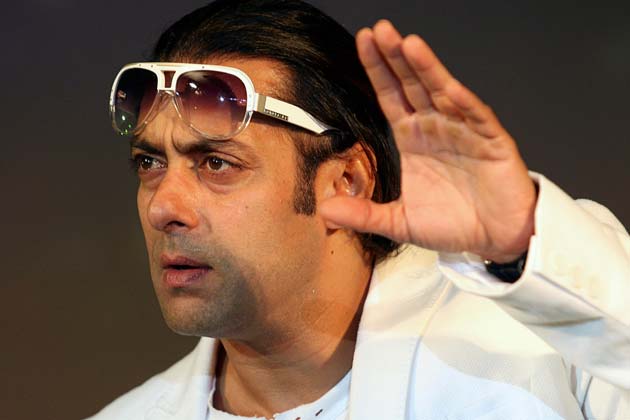Over a decade ago, at Alliance Francaise de Bangalore, I spoke with a youthful conviction on why Hindi cinema must never be dismissed as just another drug to keep the masses oblivious to the real issues of governance, poverty, disenfranchisement, corruption and more. When gently asked by the moderator, why Hindi cinema could not be more realistic, I righteously snapped that we live with realism every moment of our lives and need our dose of dreams to get through hard days.
Some hard-won wisdom and age has taught me to think of this whole argument differently. I still love Hindi films but over the last few years, what has become more and more clear to me is that our cinema was once about narratives and now it is about narrators. Once, even the biggest superstar had to unleash his charisma in the context of righteous angst against corrupt policing, poverty and injustice to be the hero of the masses. He was inspector Vijay, Vijay, the dockworker, Sikandar, the messiah of the poor and so much more. He was upright even when he was dark and if he failed to uphold the value system of his mother or motherland, his character did not survive in the last reel to tell the tale. Remember Deewar? Muqaddar ka Sikandar? Shakti? He was every angry young man. Just as Dilip Kumar, before him, was every broken lover. Every man who has mulled existential conundrums. Or Raj Kapoor who was Sri 420 and Awara, the man caught between a moral compass and greed. Or Guru Dutt who did not want success and was the anti-hero in the true sense because he just wanted to keep his heart and soul together, wanted lasting love, not ephemeral success.
The biggest hits of that era centered around the battle between the powerful and the powerless (Sholay), defiant love and authority (Mughal-E-Azam, Bobby), triumph over forces of corruption (Zanjeer). Even light-hearted entertainers like Amar Akbar Anthony spoke for secularism.
We loved our stars not just for the beautiful illusions they wove on screen but for the stories they told and that is why in those times, story tellers like Salim Javed were stars in their own right.
The alternative cinema movement brought with it, cinematic narrators of a seamier India, of grittier realities, like Shyam Benegal, Govind Nihalani and many others who created a genre of unvarnished show and tell. Countering them were the gentle raconteurs of middle-class joys like Sai Paranjpay and Hrishikesh Mukherjee walking the path that the likes of Bimal Roy had carved before them. A path where life unfolded to show people just like us..caught in the throes of tragedy and transfiguring emotions. Every maker right from the 50s had something to say, be it Kedar Sharma, Chetan Anand, Vijay Anand, Guru Dutt, Raj Kapoor and more. Cinema was not just a vehicle to get into a 100-crore club or to promote the invincible market value of a star. It was about us. It was us. Well, not any more. Now it is about larger-than-life superstars who like little boys in a play-ground, oblivious to the larger realities, engage in make-believe games to show who can stack more disks, draw the longer line on the dirt, emerge from a fist fight without a scratch and lord over a little kingdom teeming with slavish followers who no longer know who or what they follow and why.
Irrfan Khan’s international hits may have raked in more money than all the Khans put together but he does not count because he does not belong to a 100-crore club in Bollywood and Bollywood, as a senior writer recently said, is another planet where the rules of the rest of the world don’t apply. So a man who ran from an accident site without helping any victims can successfully play the hero on screen who will go the distance to unite a little girl with her family. And be praised for it.
Baahubali may have shown Bollywood that a hit does not need overhyped stars but the mainstream press and cliques of loyal fans are praising this recent Salman starrer for its heart-warming message and the crores earned as if the message and the profit can somehow redeem the many indiscretions of the messenger.
When a dream girl of yore blames the father of a young accident victim for her death rather than helping out those who were more injured than her, you realise just how far Bollywood has travelled from reality, from the very people who buy tickets and buy the illusion of a just and fair world. The stars may wave at their fans from their balconies but they will never really know what it is like to live outside the bubble of fame. Our heroes once sold us hope. Now they just sell tickets. And themselves.
 with The New Indian Express
with The New Indian Express
Reema Moudgil works for The New Indian Express, Bangalore, is the author of Perfect Eight, the editor of Chicken Soup for the Soul-Indian Women, an artist, a former RJ and a mother. She dreams of a cottage of her own that opens to a garden and where she can write more books, paint, listen to music and just be silent with her cats.?






